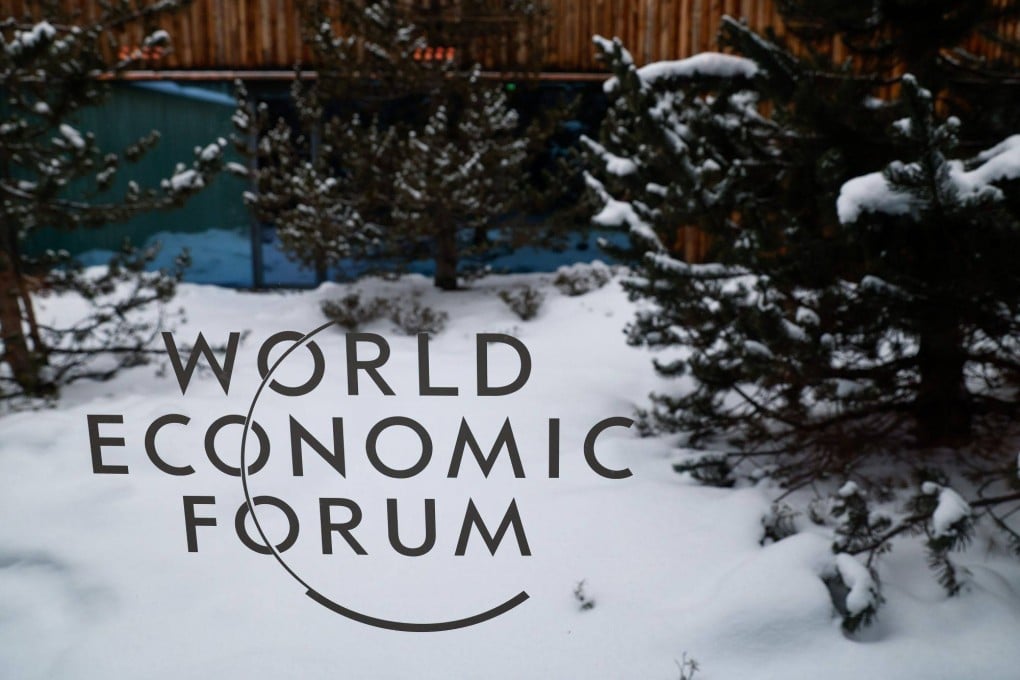Opinion | Davos elite are fooling only themselves with their ‘everything is fine’ messaging
- The cheerful mood at the World Economic Forum is at odds with a world mired in war, inflation, US-China tensions and recession fears
- Business leaders should have been demanding an end to the conflicts and competition ailing the global economy; instead they sought to downplay them

After Wall Street crashed and the Great Depression got under way, then-president Herbert Hoover convened what were known as “no-business meetings” where barons of industry met behind closed doors and did nothing beyond issuing absurd statements claiming that everything was under control.
These exercises in confidence-boosting achieved nothing beyond intensifying the decade-long misery that was to follow until Western rearmament at the outbreak of World War II boosted production. Yet world leaders seem intent on trying this same trick again.
Instead, to the surprise of many, something akin to The Sound of Music was heard emanating from the Alpine resort where the WEF is held. As the Financial Times rather airily phrased it in a summarising headline, there were “reasons to be cheerful”.
